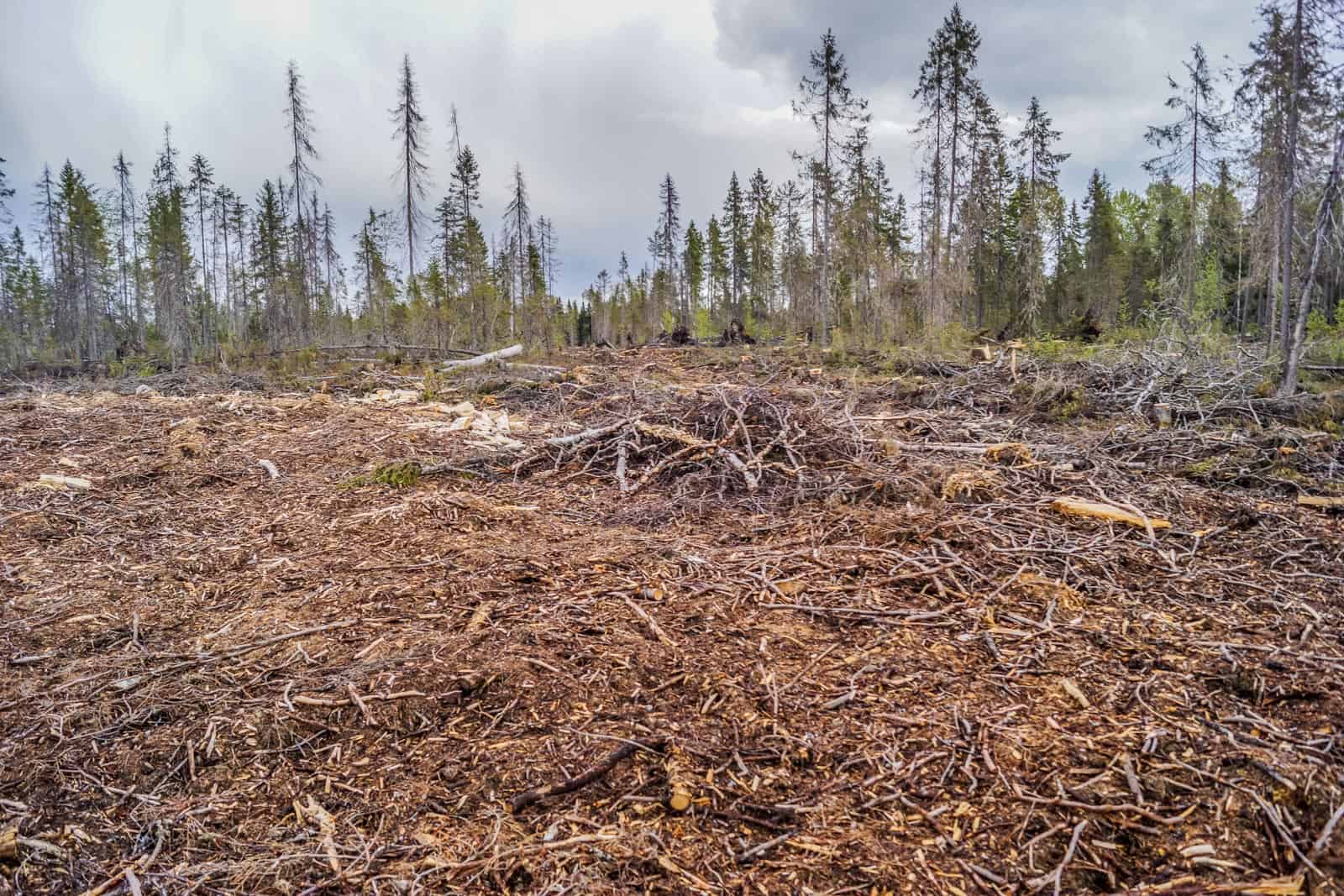Green Colonialism and the true cost of clean energy
In our rush to embrace renewable energy and save the planet from climate catastrophe, a disturbing pattern is emerging—one that echoes the colonial exploitation of the past under a new guise. This phenomenon, often referred to as green colonialism, reveals how the global push for sustainability can inadvertently perpetuate historic injustices, particularly between the Global North and Global South.
Colonialism isn’t just history—it’s present in energy
Colonialism is often taught as a closed chapter in history books, a relic of the past to be condemned but no longer experienced by many, especially in wealthier Northern countries. However, this perspective dangerously oversimplifies ongoing global dynamics. The climate crisis and energy transition discussions frequently ignore the colonial roots of energy extraction and consumption. This detachment normalizes techno-fixes—like solar panels and electric vehicles—as easy solutions without addressing the underlying exploitative systems that have driven global inequality for centuries.
Energy has long been a vehicle of colonialism. The fossil fuel boom of the 20th century was fueled by relentless extraction in the Global South—countries in Africa, Latin America, and Asia—whose natural and social environments were devastated to supply cheap oil, coal, and gas to the industrialized North. Companies like Shell in Nigeria and Chevron in Ecuador exemplify how local communities have suffered pollution, displacement, and ecological destruction while profits funneled to multinational corporations and complicit elites in the North.
A new frontier for old exploitations
Fast forward to today, and the narrative of sustainability is heralded as humanity’s salvation. Renewable energy technologies like solar power, wind, and electric vehicles are celebrated as the ultimate fix to the climate crisis. Yet, this technocentric view often ignores crucial questions: Do we really need to perpetuate our current levels of energy consumption? Can the Global North’s insatiable energy hunger be satisfied without further harming the Global South?
Unfortunately, the answer under current global structures is no. The Global South remains the “bread basket” supplying critical raw materials—like cobalt, lithium, and copper—essential for batteries and other green technologies. Congo and Bolivia, among others, have become new frontiers of extraction, mirroring past colonial patterns. The displacement of indigenous peoples, land grabs, and environmental degradation are recurring themes. For example, massive solar projects in Morocco and occupied Western Sahara threaten indigenous communities, forced to give up their ancestral lands for Europe’s green energy ambitions.
Green colonialism
What makes green colonialism especially insidious is its moral framing. Unlike fossil fuels, which are often openly criticized for their destructive impact, renewable energy is cast as an unquestionable good. This moral imperative allows the continuation of exploitative practices under the guise of saving humanity. Opposition to renewable projects, especially those harming local communities, is often dismissed or labeled as anti-progress or even climate denial.
This framing effectively de-politicizes the energy transition, sidelining issues of justice, reparations, and power imbalances. It maintains a system where a few elite actors in the Global North continue to profit enormously, while communities in the Global South bear the environmental and social costs. This isn’t just about individual consumption but about systemic overconsumption and economic models that prioritize endless growth over equity and sustainability.
Risks and realities of the green energy shift
The green transition carries significant risks of reinforcing neocolonial dynamics. Mining for green minerals causes environmental damage and social upheaval, deepens developing countries’ dependency on foreign technologies and capital, and ignites new geopolitical tensions over resource control. Without addressing these issues, the energy shift risks replicating the very inequalities it seeks to remedy.
Towards a just and radical energy transition
Simply replacing fossil fuels with renewables won’t solve these deep-rooted problems. A just energy transition demands radical change: a systemic rethinking of economic growth models, resource sovereignty, and power relations.
Some important actions we need to take are:
- Giving countries in the Global South more control over their own natural resources and making sure they get a fair share of the benefits.
- Making sure fairness and inclusion are at the heart of all plans and policies related to the energy transition.
- Encouraging collaboration between countries in the Global South to strengthen local skills and reduce reliance on outside powers.
- Changing the way global rules and systems work to ensure responsible mining and fair trade practices.
Moreover, embracing ideas like degrowth—reducing consumption and shifting away from growth-centric economies—can help dismantle the exploitative structures fueling environmental destruction and social injustice.
Conclusion
The energy transition offers hope for a sustainable future, but only if it confronts the legacy of colonialism embedded in global energy systems. Otherwise, we risk perpetuating the same patterns of exploitation under a green veneer. To truly save the planet, we must also save justice, dignity, and equity for all people—especially those whose lands and lives have been sacrificed for centuries.
Discover more from European Wilderness Society
Subscribe to get the latest posts sent to your email.









